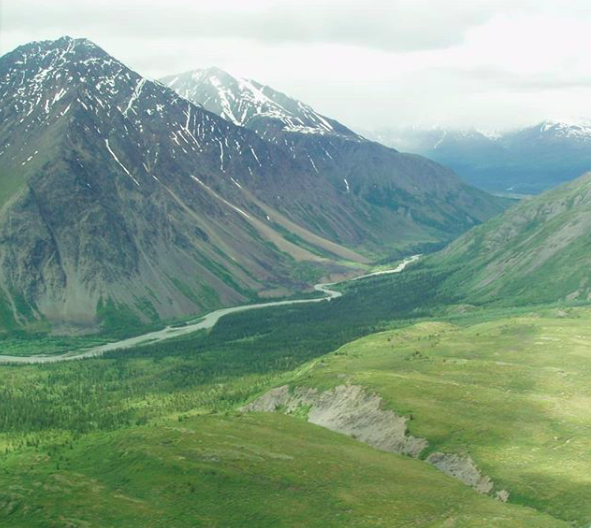Alaska Gov. Mike Dunleavy introduced legislation on Wednesday creating another approach that offers Alaskans the ability to purchase or lease state land for recreational cabin sites, advancing his priority to “put Alaska land into Alaska hands.”
“The ability to own land is a core American value, which this plan supports by helping fulfil so many Alaskans’ dreams of owning a piece of the Last Frontier,” Dunleavy said. “Alaska has vast amounts of land, but only three percent it is in private hands, less than in any other state. This bill is an important tool for removing burdensome obstacles and putting Alaska land into Alaska hands.”
The governor’s legislation House Bill 195 and Senate Bill 133 allow eligible Alaskans to nominate up to 10 acres from the millions of acres of vacant, unappropriated, or unreserved state lands for the Department of Natural Resources to offer for sale or lease as a remote recreational site.
Applicants would be required to make a 5 percent down payment, cover survey and appraisal costs, and pay fair market value for the land. Land leases could be extended or converted to sales contracts using long-term state-managed financing.
“We support the governor’s efforts to broaden the base of private land ownership, and are excited to help him continue unlocking Alaska,” said DNR Commissioner Corri Feige. “While the state’s economy benefits from commercial resource development, this new legislation benefits individual Alaskans by expanding their opportunities to better enjoy our great outdoors by owning private recreational parcels.”
The legislation supplements existing state land sales programs, which include twice-annual land auctions, over-the-counter sales, subdivision sales, and sale of agricultural land. It expedites recreational site sales by removing the burdensome requirement for formal best-interest findings, while protecting the state’s right to repossess land and make it available to others should the applicant not meet lease or sale terms.
SB 133 has been scheduled for its first hearing, in Senate Resources Committee on April 28.
